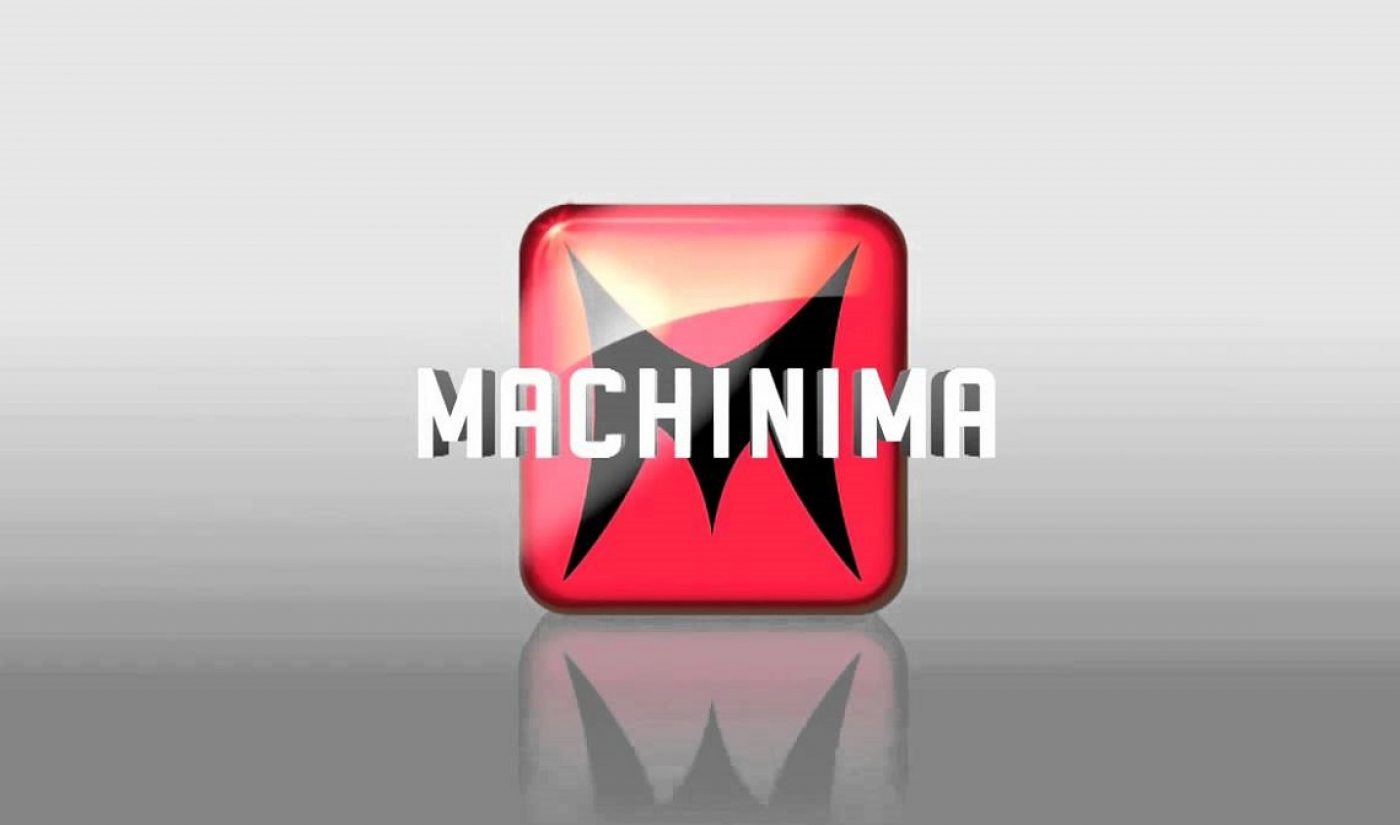Machinima is dealing with the repercussions of not-so-transparent business deal. The self-described “many-2-many” YouTube network has agreed to settle charges from the Federal Trade Commission (FTC) that the network practiced deceptive promotional techniques when it paid several YouTube creators to endorse Microsoft’s Xbox One video game console and related games.
Back in 2013, Microsoft launched its new Xbox One system and generated significant hype online, but Ars Technica reported in early 2014 Microsoft may have paid for some of this buzz. At the time, the publication reported Microsoft had teamed with Machinima and some of its creators to pay them up to $3 CPM (cost-per-thousand video views) on videos promoting the new XBox one and some select game titles. The catch with this deal was that it required creators to keep everything secret in order to claim their monetary rewards.
Machinima’s secrecy surrounding the Microsoft deal is ultimately what got the network in trouble with the FTC. The Commission filed a complaint regarding Machinima’s questionable marketing practices. The official complaint laid out a very detailed description of what the network did at each step during the Microsoft deal, including promising Microsoft’s advertising agency Starcom MediaVest Group the Xbox One-centric videos would get at least 19 million total views.

Subscribe for daily Tubefilter Top Stories
The Commission explained how Machinima gave five different influencers access to pre-release versions of the Xbox One and several launch titles to make videos supporting Microsoft’s new products. Adam Dahlberg (aka SkyVSGaming) was reportedly paid $15,000 for his two videos, and Tom Cassell (aka TheSyndicateProject) received $30,000 for his clips.
The FTC then pointed out how Machinima underwent a second marketing campaign with Microsoft. This stage of the deal included Machinima promising to pay a larger group of creators $1 for every 1000 video views on content created to endorse Xbox One and its game titles. Machinima paid out up to $25,000 for this portion of the marketing push.
Machinima’s settlement means the network is not allowed to perform similar marketing practices in the future. The M2M network will also need to enforce its creators disclose when they are being paid to endorse an advertiser’s products or services. Machinima won’t be allowed to pay any creators who refuse to disclose their relationship with an advertiser, and the network will need to follow up 90 days after the start of a campaign to make sure creators are still releasing necessary disclosures.
The FTC also held Microsoft and Starcom MediaVest responsible for not enforcing full disclosure of the creators’ relationships to the companies. However, the FTC noted both companies had policies in place requiring such disclosure and the instances of deceptive promotion were isolated and not regular occurrences on Microsoft and Starcom’s ends. An FTC release also said both companies also reportedly contacted Machinima to “remedy the situation.”
This is only one of the most recent complaints filed against YouTube creators or networks by an advertising and media watchdog organization. Back in November 2014, the UK’s Advertising Standards Authority accused creators Dan Howell and Phil Lester (AKA Danisnotonfire and AmazingPhil, respectively) of not disclosing their relationship to Oreo in a collaborative promotional video for the cookies. More recently, the Committee of Advertising Practices in Britain put out a set of branded content guidelines to help digital creators better understand when they are legally required to reveal when they receive compensation from an advertiser.
“When people see a product touted online, they have a right to know whether they’re looking at an authentic opinion or a paid marketing pitch,” said Jessica Rich, Director of the Bureau of Consumer Protection, in a release. “That’s true whether the endorsement appears in a video or any other media.”








